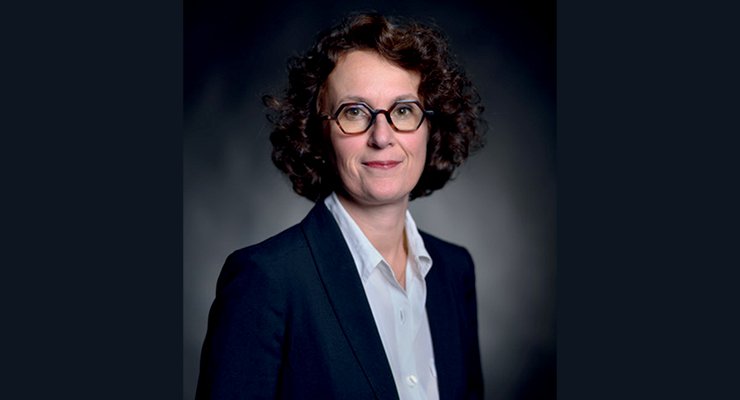Specialty – Building Sciences (BAT)
The ambition assigned to the UTC-BAT specialty programme is to respond to the challenges of setting up and implementing construction operations and technical management of real estate assets, integrating the notions of overall costs, environment, energy performance and sustainable development. This requires both technical and methodological knowledge concerning the management of real estate operations, networks, technical systems and building management. A GU-BAT engineer must be capable of managing a construction and/or renovation project and must be able to intervene by integrating its multi-technical and multi-service dimensions.
Teaching contents
Students in the BAT specialty programme are expected to acquire a basic amount of knowledge in the following areas: project management, environment, regulatory and sustainable development, materials, electrical, thermal, mechanical, strength of materials. In the BAT programme, students will cover the following curriculum:
- Construction systems for buildings: construction, design and site management techniques for concrete-wood-metal frame buildings in accordance with regulatory or professional construction provisions;
- Technical equipment for buildings: electrical, aeraulic, thermodynamic, hydraulic systems and energy integration;
- Automation, regulation and intelligent buildings: communication network between technical building equipment;
- Building and urban infrastructure management: modelling and optimization of services required for the management of physical assets (buildings and infrastructures) in order to maintain or increase their value.
The pedagogical team
In order to achieve the specific training objectives of the BAT specialty programme, the teaching is provided out by a teaching team of lecturers and scientists, as well as active professionals in companies invited as guest lecturers. Training, research and professional experience are diversified, complementary and cover the profile described above.
Equipment
Students have access to the following equipment:
- Software specific to the course (AutoCAD, Revit, Navisworks, Robot, Matlab, Menta GTB, Pleiades Comfie, etc.)
- Demonstrative experimental devices: a BIM room, renewable energy rigs (photovoltaic/wind), an electrical microgrid in communication with the smart grid, building emulator, electrical grid emulator, building digitisation: 3D laser scanner (Faro, Leica), Techviz virtual reality equipment, rapid prototyping room (3D printing, laser cutting), THERMO CUBE thermal cell, etc.
Placements/internships and industrial relations
Work placements and project workshops form the cornerstone of the training programme, designed as it is to be consistent with the evolution of the trades and professions involved. Several private, public or mixed companies, some of which are long-standing partners, offer training opportunities in companies.
The objective for the engineering students on placement is to acquire the following professional skills
- Advising and recommending technical solutions adapted to needs;
- Planning, managing and approving construction, maintenance, adaptation and safety operations (project management);
- Carrying out or supervising the preliminary technical studies;
- Carrying out operations or project management assignments;
- Assessing existing assets: inventory, diagnosis, monitoring.
International
The Urban Engineering department (UTC-GU) is involved in four double degrees with the Ecole de Technologie Supérieure de Montréal, Polytechnique Montréal in Canada and the Braunschweig University of Technology (TUBr) in Germany. Student-engineers are encouraged to go on exchange for a semester of study at a university in Europe (Belgium, Germany, Italy, Lithuania, Poland, Portugal, Spain, Sweden, etc.), in America (Brazil, Canada, Chile, Mexico, United States, Rhode Island, etc.) or in Asia (China, South Korea, Singapore, Taiwan, etc.)They also have the possibility to do one of their internship periods abroad.
Professional openings
A GU-BAT graduate engineer may be responsible, most often on behalf of a project prime contractor, for building construction or renovation projects, operation, maintenance and upkeep, forward thinking on construction and development, and coordination of the corresponding sites. They are involved in all phases of a project, from planning to operation. They may also manage technical services, real estate and logistics departments.
Examples of jobs: general building engineer, project study manager, general building and public works engineer, real estate operations manager, planning engineer, operations and maintenance engineer, etc.



